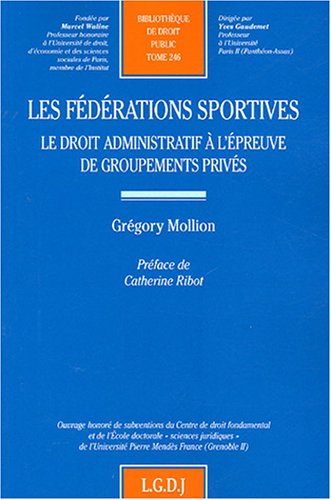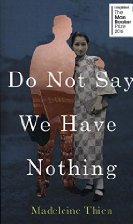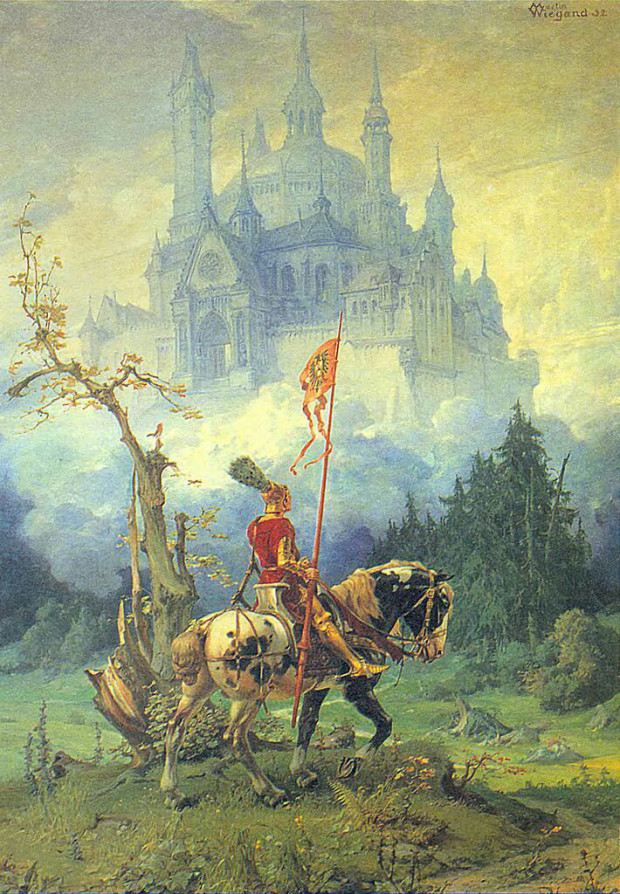In a previous article, I discussed five Poles who I thought had made a global impact throughout history. You can read that article by clicking here.
Now here’s five more Poles whose lives arguably affected people across the planet. Inevitably, some of you will agree and some will disagree with this list, as you did with the last one. That’s great–it makes for awesome discussion.
My criteria were that the Polish person had to have made a global impact beyond one or two countries or made a major humanitarian contribution. Also, there’s no order. In other words, I’m not saying Chopin was more important than Irena Sendler, for example.
Here we go:
Frédéric Chopin (1810-1849)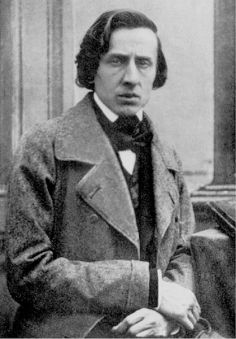 The name Chopin is right up there with Beethoven and Mozart when it comes to household recognition of famous musicians. Born near Warsaw in 1810, young Frédéric was a musical prodigy from an early age. By age 10, he had written a Polonaise in G minor and played numerous concerts, including one for the Russian Tsar.
The name Chopin is right up there with Beethoven and Mozart when it comes to household recognition of famous musicians. Born near Warsaw in 1810, young Frédéric was a musical prodigy from an early age. By age 10, he had written a Polonaise in G minor and played numerous concerts, including one for the Russian Tsar.
At 16, he began formal training at the Warsaw Conservatory of Music and, three years later, traveled to Vienna to begin his professional career. After the failed Polish uprising against the Russians in 1830, Chopin decided to remain outside Poland, basing himself in Paris where he interacted with some of the greatest composers of the day, including Franz Liszt and Hector Berlioz.
Over the course of his career, Chopin produced many works that are today recognized around the world—from his Nocturne op.9 No.2, to his Fantaisie Impromptu, to the famous Funeral March.
Sadly, Chopin died young, at only 39. To this day, experts disagree as to what illness caused his death, although the traditional explanation has been tuberculosis. His body was buried in Paris, but his heart was sent to the Church of the Holy Cross in Warsaw, where it remains to this day.
Jan Karksi (1914-2000)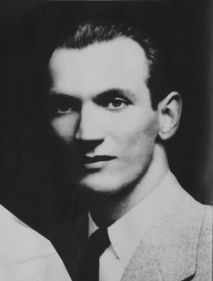 Jan Karski, born Jan Kozielewski in 1914 in Łódź, is the reason the west found out about some of the German Nazis’ most horrible atrocities in Poland and Europe during World War II.
Jan Karski, born Jan Kozielewski in 1914 in Łódź, is the reason the west found out about some of the German Nazis’ most horrible atrocities in Poland and Europe during World War II.
He was an officer in the Polish cavalry during the German invasion in 1939. At the end of the campaign, he was captured by the Russians and handed over to the Germans; but he managed to escape and join the Polish resistance movement. Kozielewski changed his surname to “Karski” as a pseudonym to avoid detection.
As a member of the Polish resistance, he completed many courier missions between Poland and the Polish government in exile in Paris, and later Great Britain. One of his most daring missions was infiltrating the Warsaw Ghetto to observe the German Nazi-inflicted genocide against Polish Jews. Because of Karski, the Holocaust was exposed to the entire world.
After the war, he moved to the U.S. where he became a citizen and taught at Georgetown University. Among his students was a young Bill Clinton. He died in Washington D.C. in 2000.
Casimir Funk (1884-1967)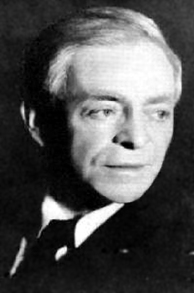 Do you take Vitamin C when you feel like you’re getting sick? Perhaps you take a daily multivitamin to supplement your health. You can thank a Pole, Casimir Funk (born 1884 in Warsaw), for discovering the concept and existence of vitamins in 1912.
Do you take Vitamin C when you feel like you’re getting sick? Perhaps you take a daily multivitamin to supplement your health. You can thank a Pole, Casimir Funk (born 1884 in Warsaw), for discovering the concept and existence of vitamins in 1912.
After noticing that beriberi disease became less likely in people who ate brown rice, Funk studied and isolated the substance responsible, calling it a “vitamine.” Today, it’s known as Vitamin B3. Following this discovery, he theorized the existence of other vitamins, including Vitamin C and Vitamin D.
He eventually became a U.S. citizen and president of the Funk Foundation for Medical Research. He died in 1967 in New York.
Irena Sendler (1910-2008)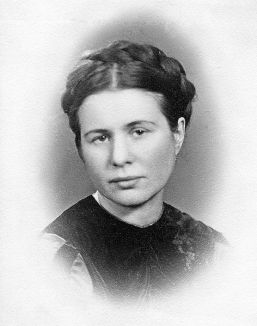 Irena Sendler is responsible for saving more Jews from the Holocaust than any other person. She was born in 1910 in Otwock, Poland and moved to Warsaw on the eve of World War II.
Irena Sendler is responsible for saving more Jews from the Holocaust than any other person. She was born in 1910 in Otwock, Poland and moved to Warsaw on the eve of World War II.
After the war broke out, Sendler dedicated herself to saving as many Jewish children from the Warsaw ghetto as possible, risking her own life in the process. She started out by bringing food, medicine and clothing to the victims inside the ghetto. After observing the horrific conditions inside, she was moved to smuggle as many children out as possible.
She helped them escape over time using ambulances, potato sacks, body bags, coffins, anything that would fool the Nazi authorities. After their escape, the children were often given new identities and sent to religious establishments for safekeeping. She saved 2,500 children this way.
In 1943, Sendler was captured by the Nazis and tortured to reveal the identities of the rescued children. Despite having her legs and feet broken, she never revealed anything. She was sentenced to death but managed to escape and was pursued by the Nazis for the rest of the war.
Most amazingly, before her capture, she had stored the true identities of the children she saved in jars, which she buried under an apple tree. After the war, she dug up the jars, tracked down the saved children and reunited them with their families. She lived a long life afterward, dying in 2008.
Lech Wałęsa (1943-)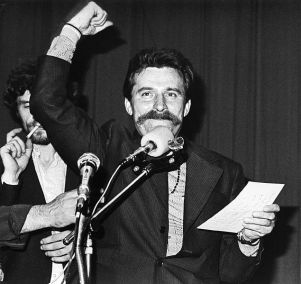 Although his name has become mired in politics and controversy today, Lech Wałęsa remains a symbol of communism’s fall in Eastern Europe and is recognized around the world.
Although his name has become mired in politics and controversy today, Lech Wałęsa remains a symbol of communism’s fall in Eastern Europe and is recognized around the world.
An electrician by trade, Wałęsa co-founded the Solidarity Movement in 1980, a Polish labor union that placed huge pressure on communist authorities to implement social change in Poland. Through strikes and protests, the movement gradually exposed the communist government’s shortcomings to the rest of the world.
In 1989, Solidarity forced the communist government into the famous Round Table negotiations that paved the way for free elections in Poland. Then, in 1990, Wałęsa became Poland’s first freely-elected president since before World War II.
Recent evidence has come to light implying that Walesa collaborated with communist authorities in the 1970s. If that evidence is true, everyone can form their own opinion about whether that means he was a traitor, or just trying to survive the grim realities of life to fight another day. None of us was there. Regardless of his possible shortcomings, the Solidarity movement he created became globally significant in revealing and plucking out the rotted core of communism, and that’s why he’s on this list.
Advertisements Share this:
